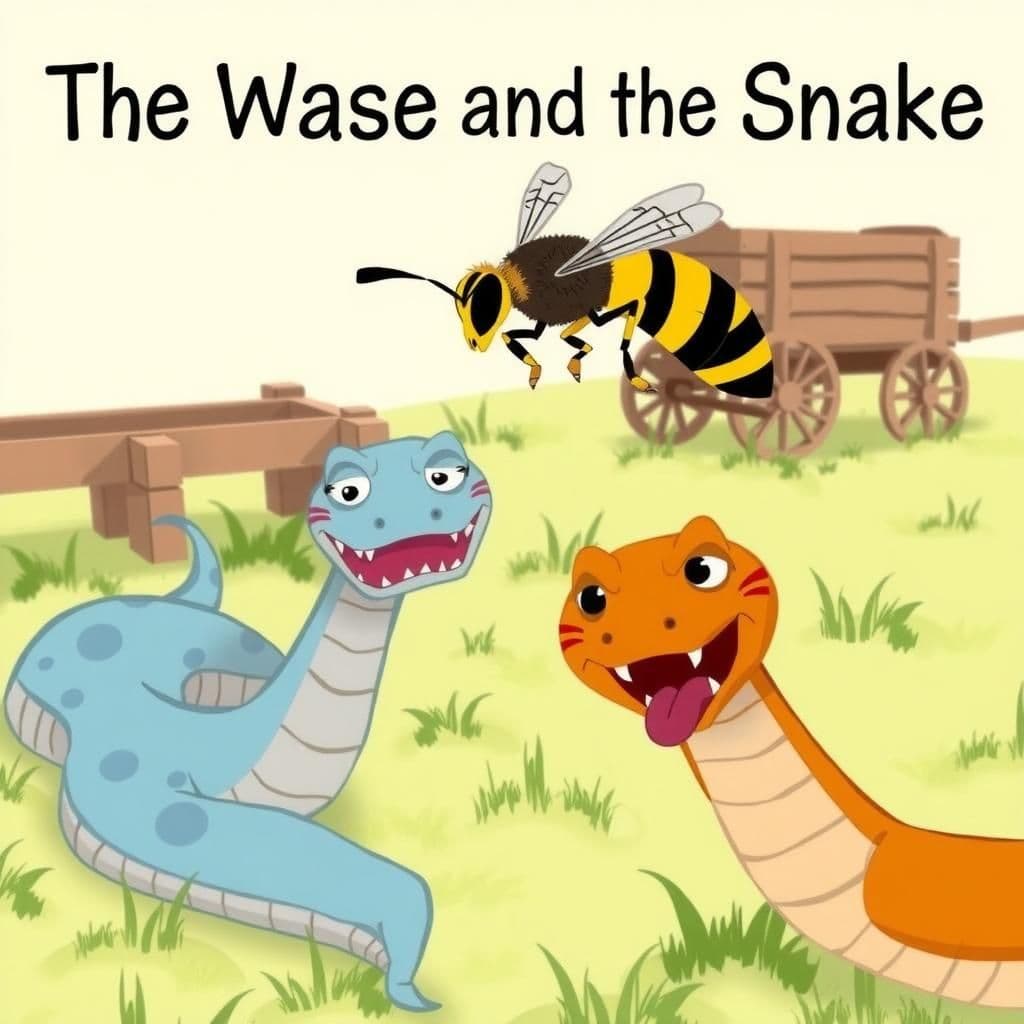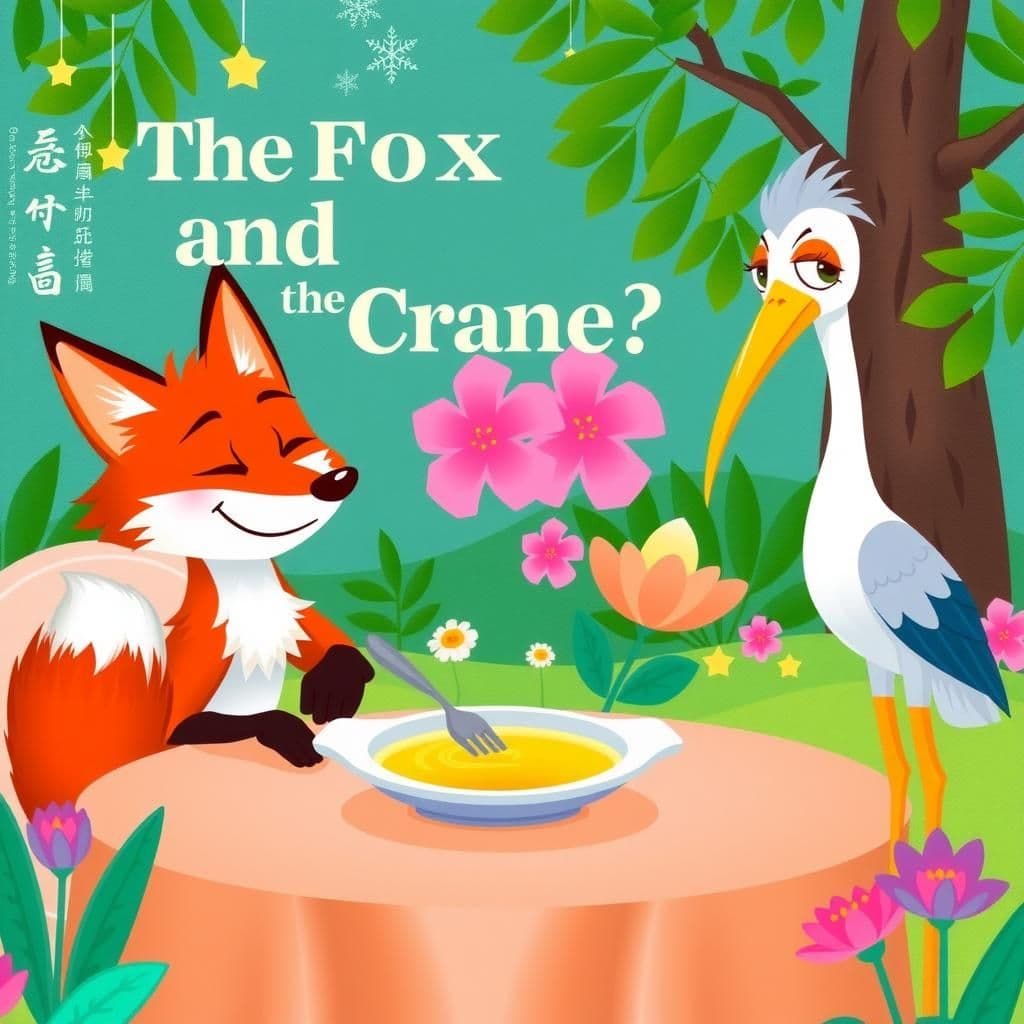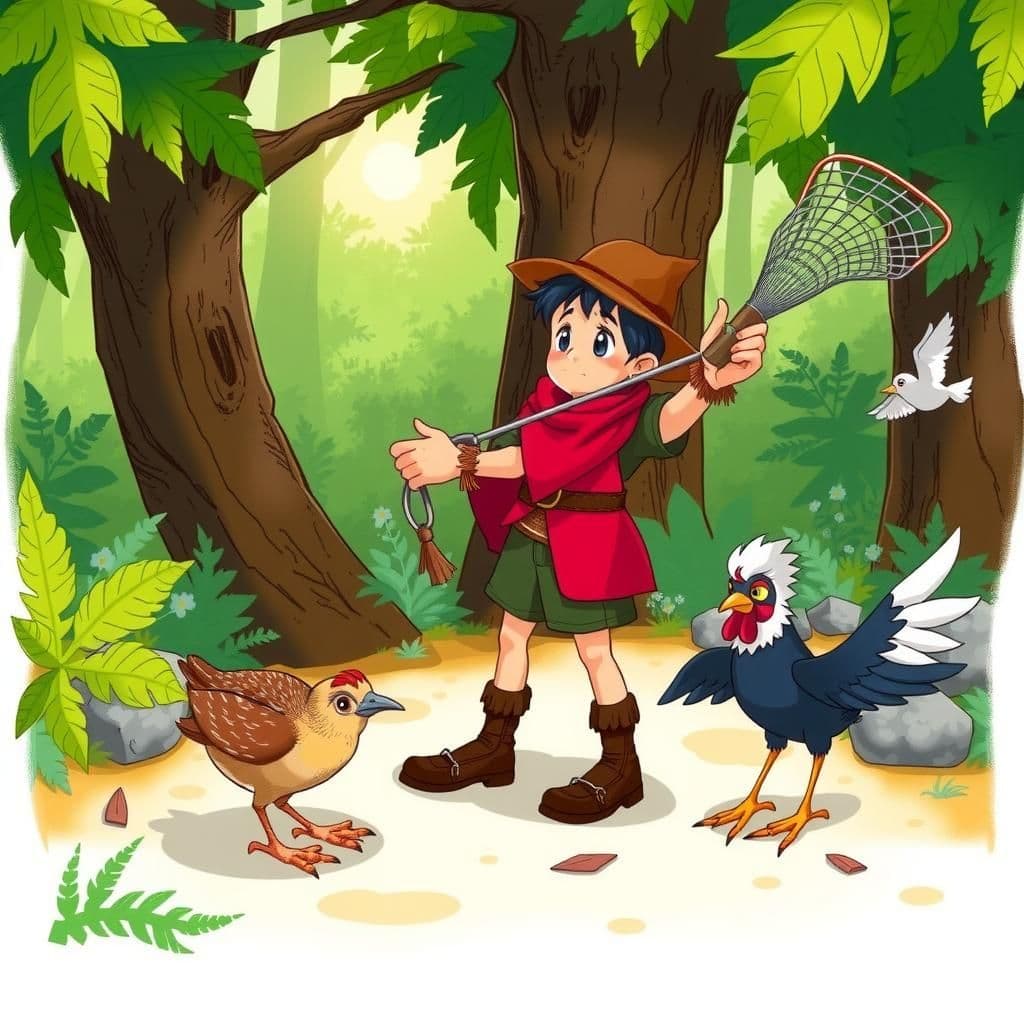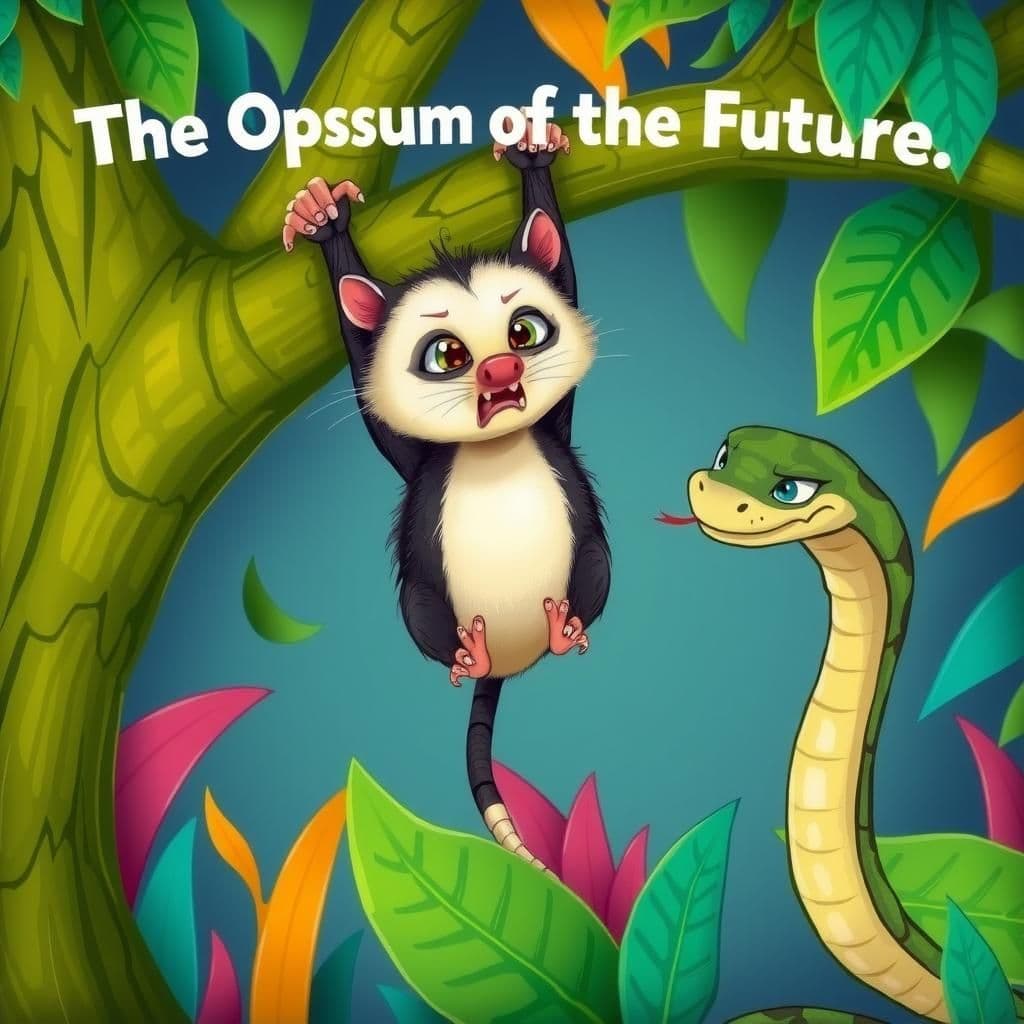The Wasp and the Snake

Story Summary
In "The Wasp and the Snake," a Wasp persistently stings a Snake, leading to the latter's demise. In a poignant act of desperation, the Snake chooses to place its head under a wagon's wheels, declaring that he and his tormentor shall perish together. This moral short story serves as a cautionary tale about the consequences of relentless torment and the lengths one might go to escape it, making it a thought-provoking read for both students and adults alike.
Click to reveal the moral of the story
The moral of the story is that sometimes, in the face of relentless torment, one may choose to take drastic measures that lead to mutual destruction rather than endure suffering alone.
Historical Context
This fable, often attributed to Aesop, reflects themes of revenge and the consequences of unchecked aggression, common in ancient storytelling. The narrative illustrates the idea that vengeance can lead to mutual destruction, a moral that resonates across various cultures and has been retold in different forms throughout history, emphasizing the dangers of allowing enmity to escalate. The story draws from a rich tradition of anthropomorphized animals symbolizing human traits and moral lessons, prevalent in fables from Greece to Asia.
Our Editors Opinion
This fable highlights the destructive nature of revenge and the lengths to which one might go to escape torment, even at their own expense. In modern life, we often encounter situations where individuals, feeling oppressed by a toxic relationship or workplace, may choose to sabotage themselves rather than allow their oppressor to continue thriving; for instance, an employee who, in a fit of frustration, intentionally underperforms or sabotages a project to spite a demanding boss, ultimately harming their own career in the process.
You May Also Like

The Fox and the Crane
In "The Fox and the Crane," a Fox invites a Crane to dinner, serving soup in a shallow dish that the Crane cannot eat from, highlighting the funny and impactful moral of reciprocated unkindness. In turn, the Crane invites the Fox and serves food in a narrow container, ensuring the Fox is equally unable to enjoy the meal. This simple moral story illustrates the importance of kindness and consideration in hospitality, offering simple lessons from stories that resonate with readers.

The Birdcatcher the Partridge and the Cock
In "The Birdcatcher the Partridge and the Cock," a birdcatcher faces a moral dilemma when he must choose between a pleading tamed partridge and a young cock for dinner. Both birds highlight their unique contributions to his life, but ultimately, the birdcatcher's necessity for food trumps compassion, illustrating a thought-provoking moral about the conflicts between survival and empathy. This short tale serves as a poignant reminder that sometimes, even the best moral stories reveal the harsh realities of human choices.

The Opossum of the Future
In "The Opossum of the Future," a clever Opossum finds himself threatened by a Snake while hanging from a tree branch. To escape, he flatters the Snake by praising its evolutionary superiority, but the Snake, rooted in traditional beliefs, dismisses the Opossum's scientific reasoning. This wisdom-packed moral story highlights the clash between modern understanding and age-old traditions, making it a valuable addition to short story collections with moral lessons for children.
Other names for this story
"Venomous Vengeance, The Stinging Duel, Clash of Nature, Wasp vs. Snake, Fatal Encounter, The Price of Revenge, Deadly Rivalry, The Final Sting"
Did You Know?
This fable illustrates the theme of vengeance and the destructive nature of conflict, highlighting how unresolved enmity can lead both parties to mutual destruction, even if one party is the aggressor. The Snake's choice to sacrifice itself underscores the idea that sometimes the desire for retribution can lead to tragic outcomes.
Subscribe to Daily Stories
Get a new moral story in your inbox every day.